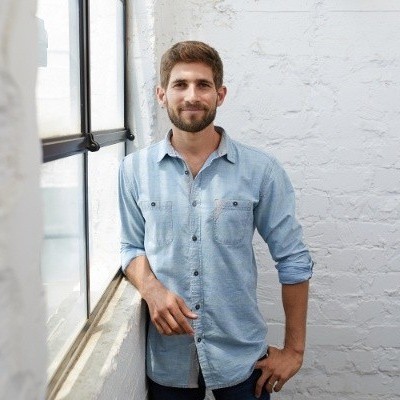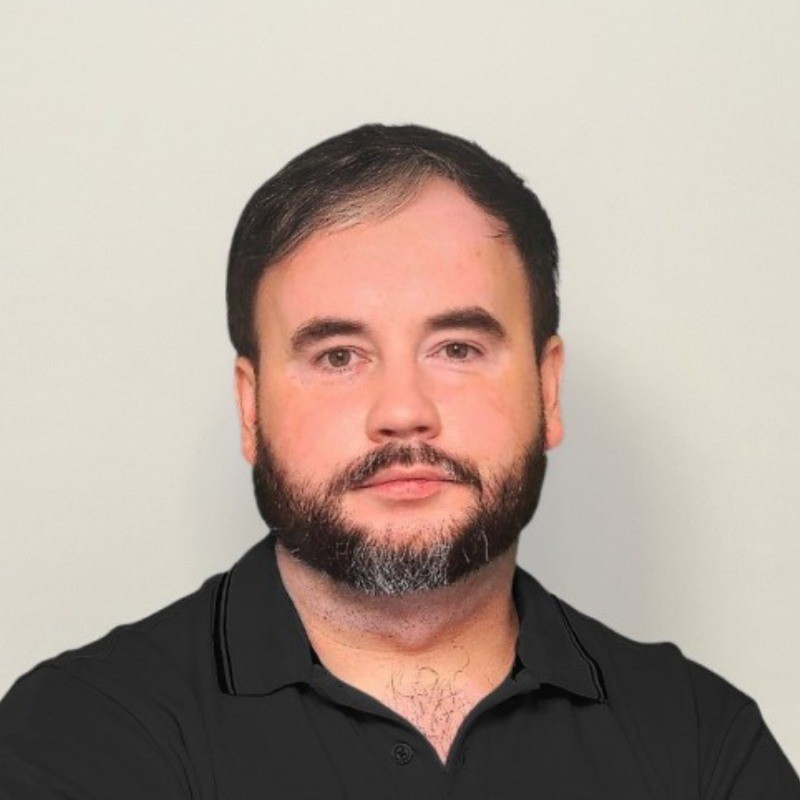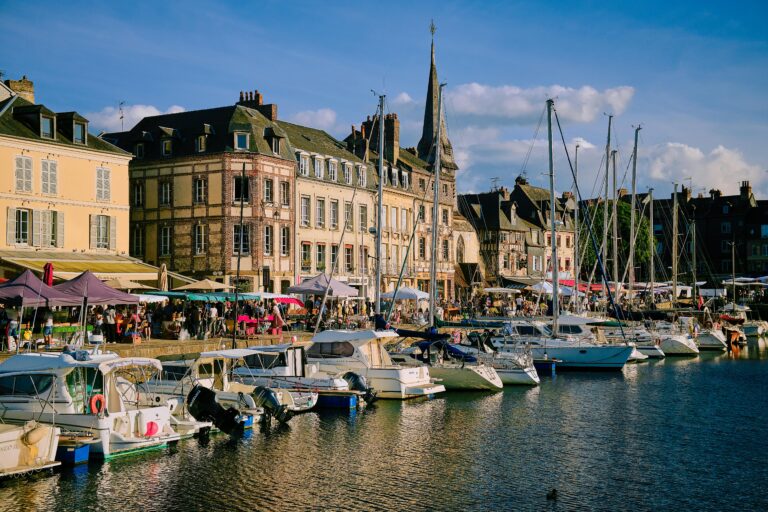For digital first entrepreneurs, choosing a travel base often means balancing productivity, sustainability, and cost of living. The following leaders share how visa access, WiFi reliability, healthcare, and budgets shaped their decisions and the lessons they drew from both successful and challenging locations.
Balancing Costs with Connectivity

Adam Garcia, founder of The Stock Dork, found Portugal’s D7 visa and NHR regime effective for maintaining a monthly budget of about €1,200 in Porto, while enjoying stable WiFi, accessible healthcare, and affordable coworking. By contrast, Bangkok proved less sustainable due to recurring visa runs and inconsistent internet service that disrupted his work rhythm.
“Hidden costs in visas and unreliable internet turned Bangkok into a more draining base than expected.”

For Cyrus Partow, CEO of ShipTheDeal, Estonia offered the right combination of affordability and infrastructure. By relying on the country’s e-Residency and digital nomad visa, he kept expenses near €1,500 while benefiting from fast WiFi and coworking spaces that supported his team’s coordination. Mexico City, however, presented challenges in maintaining reliable internet and healthcare access, which ultimately influenced his decision to relocate.
“Estonia’s visa structure and reliable EU access let me focus on scaling without constant logistical hurdles.”

Joe Davies, CEO of FATJOE, emphasizes WiFi and coworking reliability above all. He recalls losing a client call in Canggu due to internet issues, a moment that shaped his priorities. Setting a target range of $1,000 to $1,500 per month, he found Prague fit the balance, offering stable connectivity, tax clarity, and dependable healthcare.
“I learned quickly that scenery won’t save your workday if the WiFi fails.”
Structuring Bases Around Visas and Safety

Yarden Morgan, Director of Growth at Lusha, begins every decision with visa length and budget planning. Belgrade worked well, offering 90 days visa-free, consistent WiFi, and a manageable €700 monthly budget with lively coworking options. Cape Town, however, raised concerns around safety and healthcare costs, which offset the benefits of timezone alignment with international teams.
“Even with strong timezone overlap, safety concerns made it hard to focus deeply in Cape Town.”

Itamar Haim, SEO Strategist at Elementor, often selected Lisbon for its strong WiFi, dependable healthcare, and the benefits of Portugal’s NHR program, keeping his budget near €1,500. Berlin, in contrast, carried higher costs closer to €2,200, which reduced financial flexibility and added stress.
“Lisbon struck the right balance between infrastructure and affordability, while Berlin’s higher costs cut into focus.”
Learning From Sustainable and Unsustainable Models

Pavel Sher, CEO of FuseBase, rotates his bases every three to six months to balance cost, visas, and productivity. Lisbon, with coworking options, healthcare access, and a $2,000 monthly budget, has proven sustainable. Bali, however, fell short due to unreliable WiFi and unclear tax structures that complicated operations.
“Reliable internet and clear visa rules have consistently proven to be the non-negotiables.”
Across different regions, these entrepreneurs highlight that the decision to establish a travel base is shaped less by lifestyle appeal and more by structural factors visas, internet, healthcare, and safety that directly affect productivity and sustainability.








